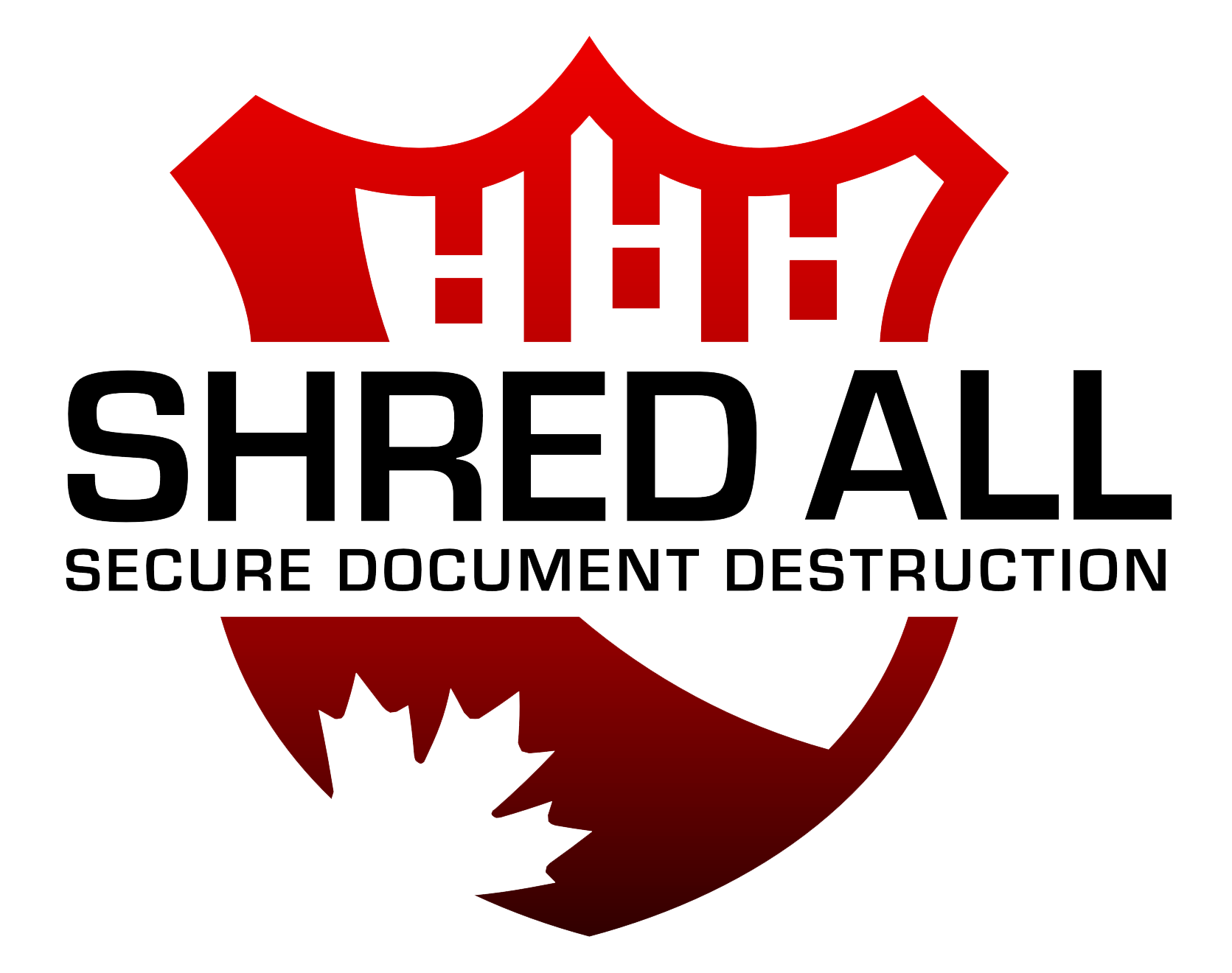Income Tax Records - Should You Shred Or Store?
f you’re like most people, then chances are your home office is filled with T4s, 15000000.00, letters from charities and other backlogs used to prepare a tax return. Frankly, you can’t really blame people who want to hold on to the paperwork: in case of an audit, the Canada Revenue Agency (CRA) will simply ask for the receipts and will not accept any excuses.
You Don’t Need to Hang On To Piles Of Paperwork
While your actions are justified, it is necessary to mention that you don’t need to hang on to every document associated with the income tax records. In fact, keeping so many documents will inevitably clutter your office and make it more difficult to find the files you really need for this purpose. According to the CRA, it is recommended to keep the receipts and documentation to support your claims for 6 years.
If you’re scheduled for a review, then the CRA will typically ask you to present copies of the following documents within 30 days after you received the agency’s request:
- Charitable donations
- Tuition and education expenses
- Child care expenses
- Child support payments
- Medical expenses
- Moving expenses
Exceptions To The CRA’s Statute Of Limitation
Even though 6 years is the time frame the CRA has at its disposal to audit you, there are certain exceptions you should be aware of. To be more precise, if you under-report your income by 25% or more, or if your company is suspected of fraudulent returns, then there isn’t any statute of limitations regarding the audit. Other situations that are not limited under the general statute of limitation include:
- You didn’t file a tax return, although you are mandated by law to do so
- You amended the tax return and received additional refunds
- You claimed a loss from a worthless security
It is necessary to mention that some people prefer to keep records for other purposes than the CRA review or audit. For instance, if you want to apply for a medical aid assistance program, you will be asked to present proof of income. Having a past tax return ready could save you a lot of time and energy in this case. In addition, if you take out a loan or acquire an insurance policy, you should verify the specified timeframe during which you are supposed to keep certain documentation. Keep in mind that creditors and insurance companies can ask you to hold onto certain records longer than the CRA.
When And What To Shred?
After the 6 years period has passed and you are certain you don’t need the records for anything else, feel free to get rid of all T4 forms and tax return documentation. This includes the files and papers starting from the end of the tax year relating to the documents.
It is important to note that discarding financial statements and other reports with sensitive data is not as simple as throwing the papers in the dumpster where diving identity thieves can easily find them. The best way to keep your data out of the grasp of unscrupulous individuals implies working with an onsite shredding service.
Get a Free Estimate.
Choose Shred All today and experience the ultimate in secure, efficient, and reliable document destruction services. Contact us now to safeguard your business and protect your clients' confidential information.
